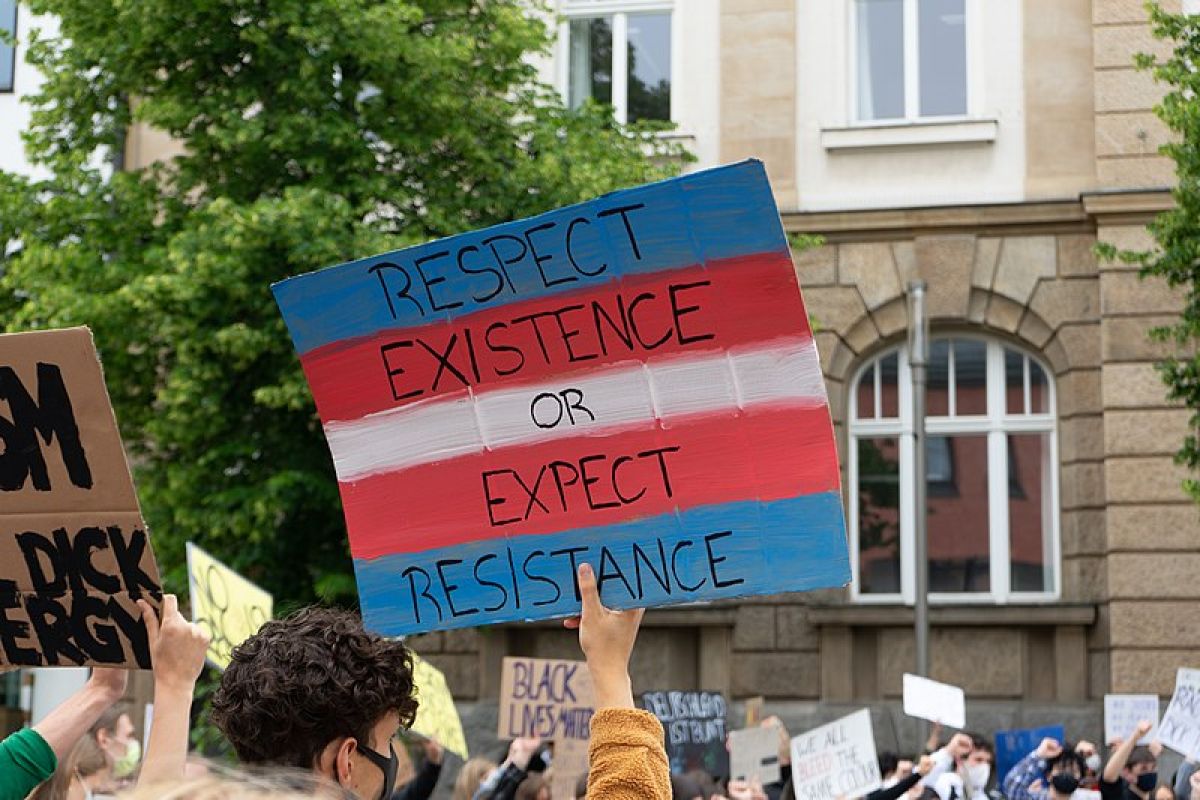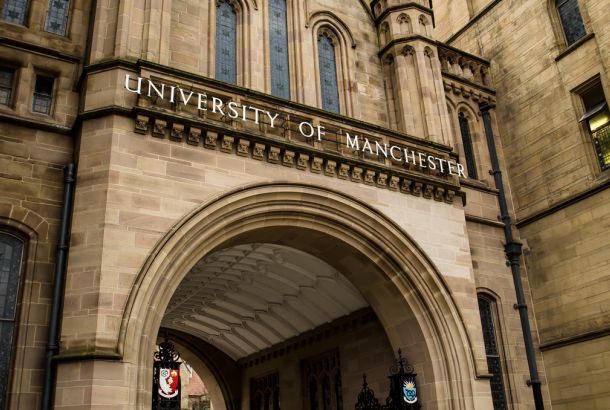Government’s conversion therapy ban to exclude trans people
By aineeastwood

The government has long promised a ban on gay and trans conversion therapy. Some might be surprised that it is still legal; it is so cruel that many may utter, “it could never happen here”.
Indeed, it is classed as a form of torture by the United Nations. But it does happen, and the government has dragged its feet in its bid to ban it.
The promise goes back to Theresa May’s cabinet in 2018, and it’s no surprise that the LGBTQ+ community has grown fed up with waiting anxiously while this life-saving ban was dangled over their heads. It was brought up briefly in 2021 when the Queen’s Speech announced there would be a consultation before Parliament introduced the ban.
After three years of waiting, this appeared to be the light at the end of the tunnel, although former equality advisor Jayne Ozanne criticised the government for taking so long. In addition, many were still sceptical and wary of the government’s pledge, not ready to celebrate until the ban was in effect.
Government documents leaked by ITV last week show that they were right to be. The leaked document opens with, “The PM has agreed we should not move forward with legislation to ban LGBT conversion therapy.” This was a brutal betrayal of the LGBT+ community and the cause of severe backlash and protest against Johnson’s decision.
And so, to win favour, Johnson and his government made a U-turn. They now declare conversion therapy will be illegal, with one caveat. The ban will only cover LGB people. As such, the conversion therapy of transgender people will remain legal.
This decision is nothing short of inhumane. Johnson himself admitted that conversion therapy is “abhorrent”, yet he continues to allow it to happen to transgender people. This is possibly the most blatantly transphobic action of a government that has been nothing but openly hostile towards the trans community.
Trans people are more likely than cis gay people to be offered conversion therapy in some shape or form. According to Galop, 11% of trans people are subjected to it by a family member; as opposed to 5% of LGBT+ people in general. This is not to make a competition of who has it worse. Rather, it is to highlight that the government is content to leave an incredibly vulnerable group open to abuse.
Despite the severe (and justified) criticism of this decision, Johnson has defended himself. He claims that there are “complexities and sensitivities” regarding transgender people that do not exist for cis gay people.
It is true that gender identity is not synonymous with sexuality. But to think even for a second that this justifies allowing conversion therapy is incredibly callous and a ridiculous oversimplification. If Johnson wanted to discuss apparent complexities, many trans people would be willing to discuss these with him. He, however, is evidently not willing to listen.
Johnson then went on to give us a rapid-fire list of transphobic dog whistles. He cites fears about children making rash medical decisions (despite that in 2021, only 3% of people experienced regret over transitioning). He discussed concerns of transwomen athletes dominating women’s sports (the reality of which requires a far greater consideration of the hormonal complexities of transitioning, as well as a whole host of other factors) and finally, the same moral panic over “predatory men” in women’s changing rooms.
It is difficult to believe that a man with a history of affairs and misogynistic remarks has suddenly turned feminist overnight. Furthermore, none of these issues are as clear cut as Johnson makes them out to be. Nor are they any justification for allowing the abuse and torture of trans people to continue.
Johnson has prioritized the voices of the gender-critical movement over those for whom this ban will have very real, very severe effects. This is deeply frustrating and heartbreaking to see. Here the Prime Minister openly declares that trans lives do not matter as much as a minority of cisgender people. If they matter at all.
This is no victory for cis gay people either. Firstly, we should see an attack on one part of the community as an attack on all of us. Secondly, this ban only came as a last-minute turnaround in the face of scrutiny. How long will it take for the government to decide cis gay people are also not worthy of protection? This is merely a divide and conquer tactic; keep minorities fighting amongst each other, so that they don’t direct their anger at the system itself. Moreover, many rights that cisgender gay people enjoy would not exist without the efforts of the trans community – trans people have existed in every chapter of gay activism.
The exclusion has led to an explosion of criticism on all sides. The trans community and their allies have sent a message of their own; we are not going down without a fight. Over 100 leading LGBT+ charities pulled out of the upcoming Safe To Be Me conference in protest. Some representatives are victims of conversion therapy themselves. Initially intended to promote LGBT+ equality, organisers had to cancel the conference due to the boycott.
Nancy Kelly, chief executive of Stonewall, declared that the government has “no credibility” to be hosting such an event while they abandon the trans community. The boycott showcases perfectly the solidarity and defiance in the face of adversity that defines LGBTQ+ activism.
The fight did not end there. Using the hashtag #NotSafeToBeMe, members of the trans community used social media to describe their experiences. A petition has been created to include trans people in the ban. Trans people have organised protest rallies against the exclusion. Several religious leaders from various churches came together to pen a letter to Johnson, declaring that the exclusion was a “wrong-hearted notion of care”. The British Medical Association, the Royal College Of Psychiatrists and Mind are just some of the medical bodies and mental health charities condemning the exclusion.
Keir Starmer made his voice heard and called for the government to ban conversion therapy “in all forms”. He also accused Johnson of using this U-turn to distract from the rising cost of living and energy costs.
Even author Philip Pullman (writer of the His Dark Materials series) criticised the decision, declaring on Twitter, “To make a deliberate exception for trans people is pure, cold-eyed evil”.
Johnson even faces criticism from his own party; Conservative MPs such as Jamie Wallis, Crispin Blunt and Alicia Kearns opposed the exemption. In addition, LGBT+ business champion Iain Anderson resigned over the issue.
Anderson wrote in his resignation letter, “politics which creates dividing lines between LGB people and trans people will never be my approach”.
While the news broke just days ago, the Prime Minister already faces an avalanche of protest. We cannot be sure that the government will come around. Nor can we claim that winning this battle will turn the tide of transphobia in the UK. But we can say one thing with certainty; if Boris Johnson wants to keep trans people down, the community and their allies will ensure he will not have an easy time of it.







